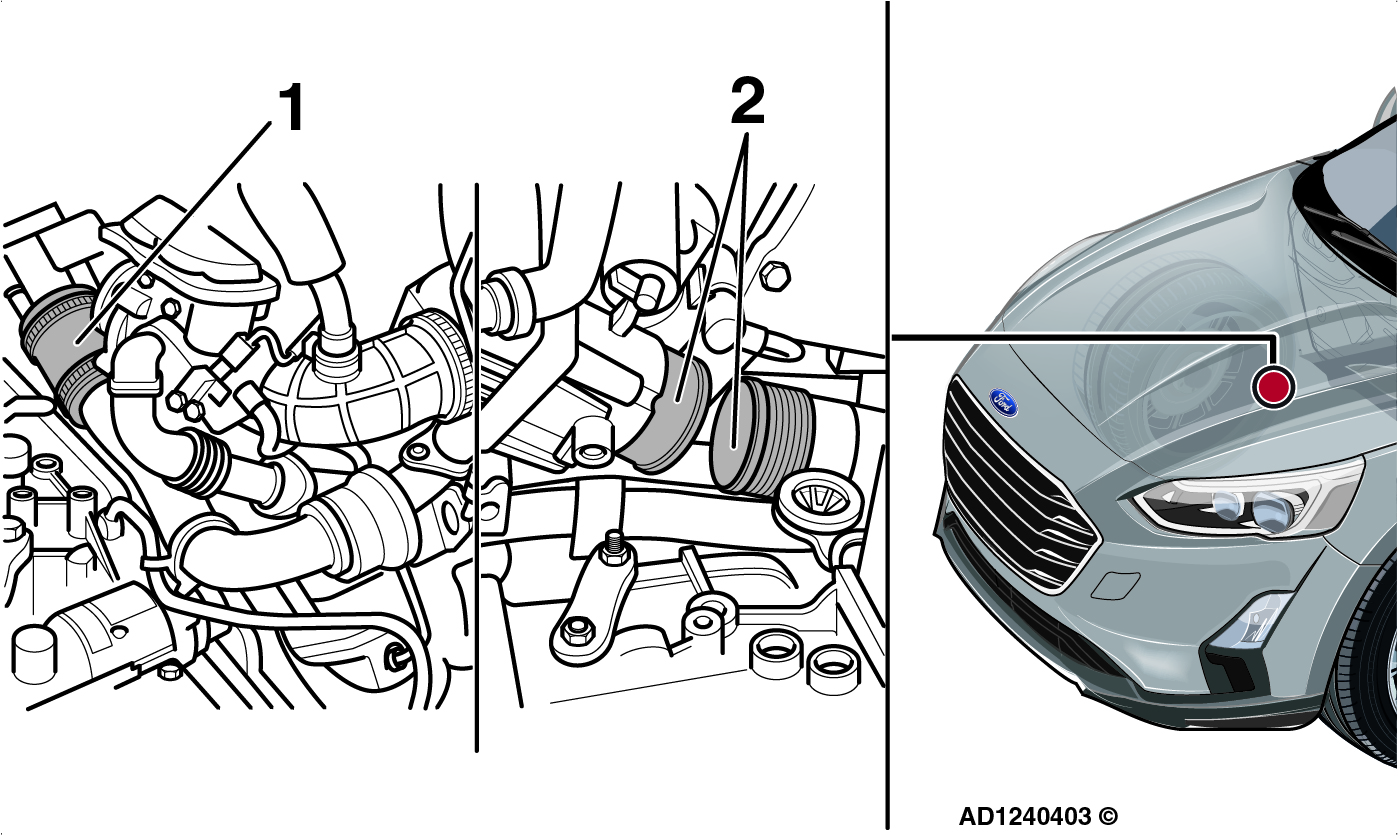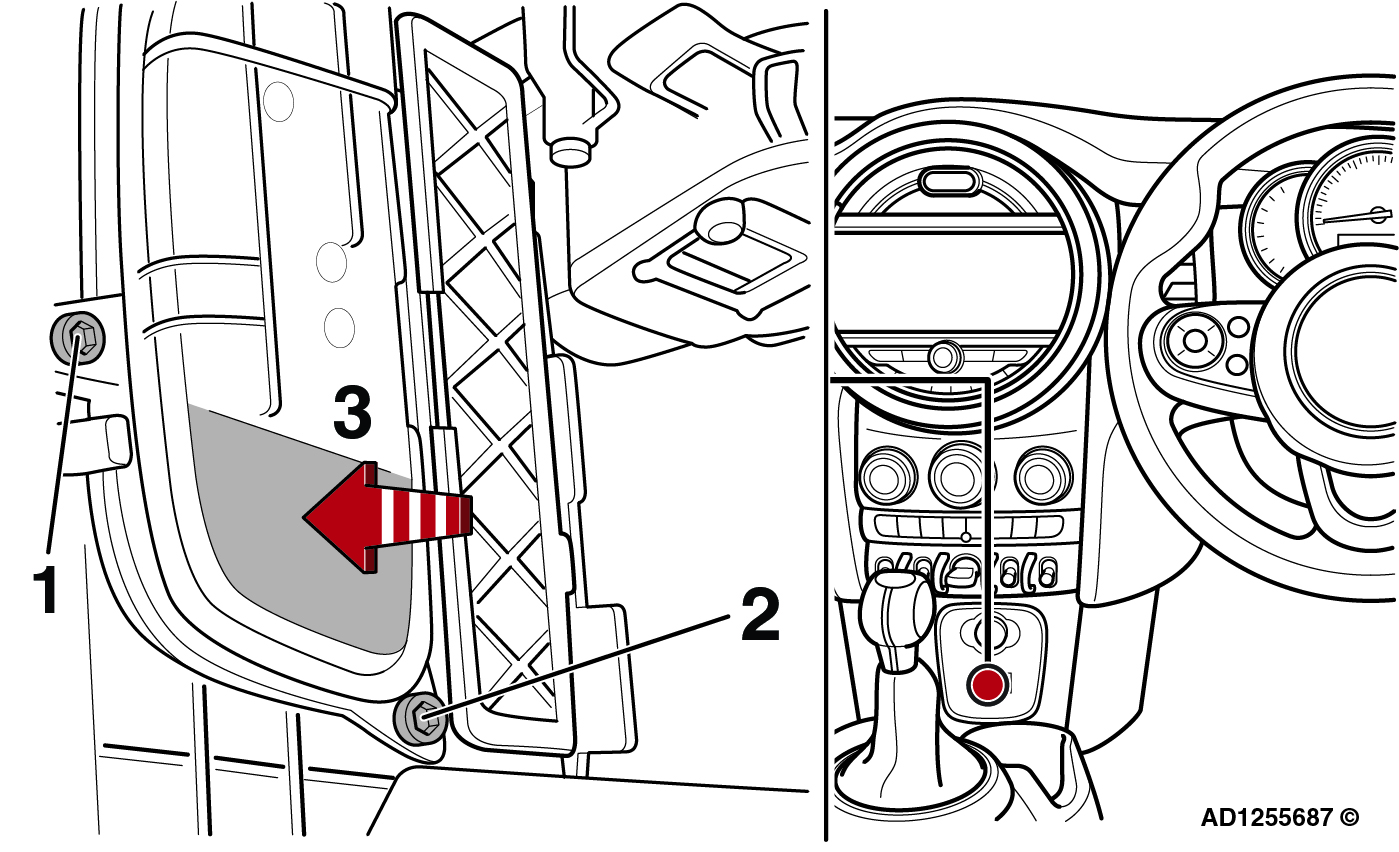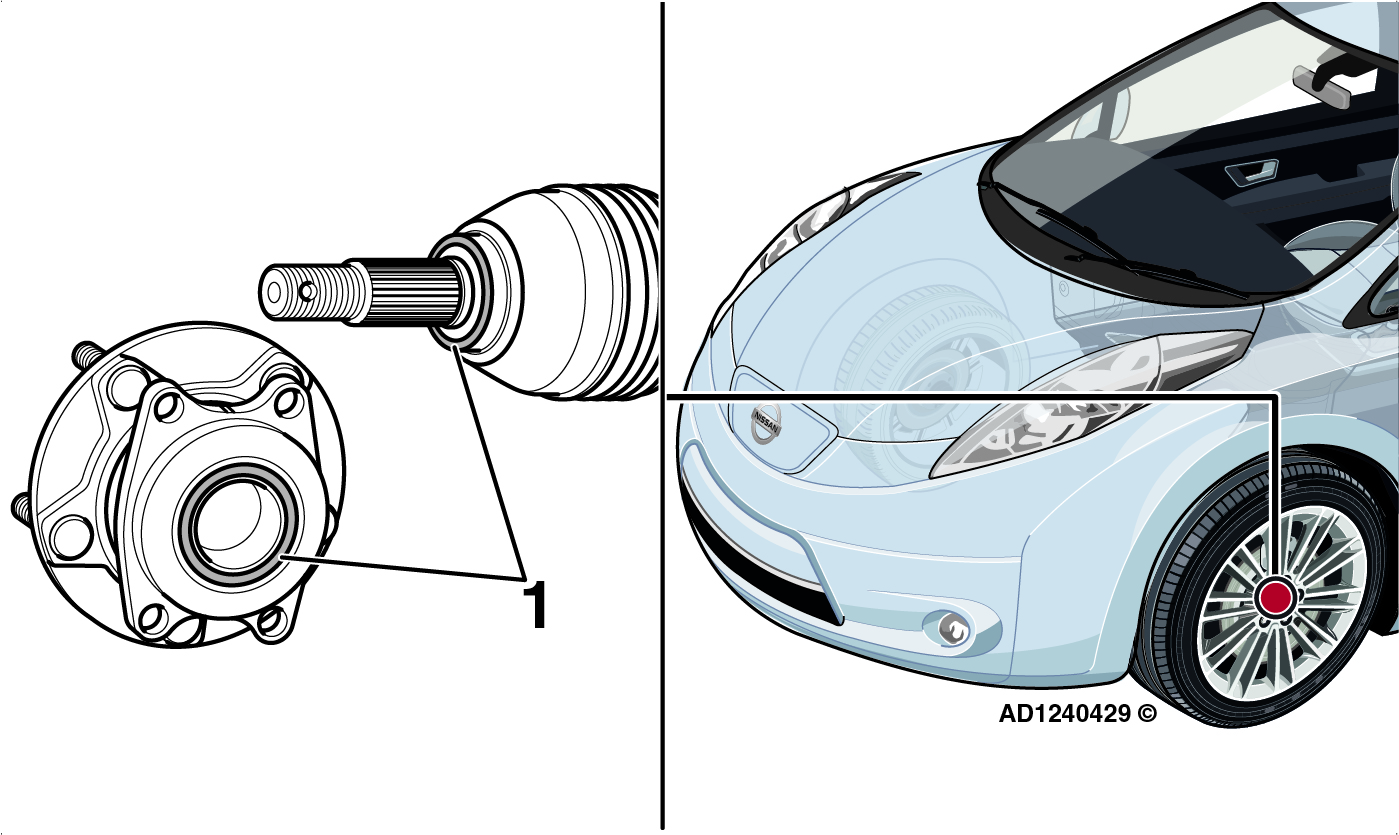Problems fixed: Ford, Mini and Nissan

Leading technical supplier Autodata helps you fix three common problems found in passenger cars
The problem
We have a 2018 Ford Focus 2.0 diesel in the workshop which is suffering with a lack of engine power and the engine malfunction indicator lamp is illuminated. The customer also reported a whistling noise on acceleration. We can’t see any pipes that have blown off in the engine bay.
The fix
This has been reported to us before and it affects several Ford models with 2.0 diesel engines produced up to 15th April 2019. The fault is due to poor manufacture of the turbocharger to intake air flap control actuator hose causing an air leak. Remove the air filter housing, air intake pipe and turbocharger to intake air flap control actuator hose. Clean the area and fit a modified turbocharger to intake air flap control actuator hose. Erase trouble codes and carry out road test to ensure fault has been resolved.

The problem
A customer has brought us a 2020 Mini Hatch with persistent wetness in the front footwell. The customer says this isn’t an issue with rainwater getting in and the footwell carpets become damp even in dry weather. We’ve checked for issues with the windscreen washer hose; there’s no petrol or antifreeze smell in the cabin and no obvious leakage when running the vehicle in the workshop.
The fix
Mini has acknowledged this issue, which can affect the Countryman and Hatch models from 2014 to 2020. The issue is actually the AC evaporator housing access cover, which is incorrectly fitted – allowing AC evaporator condensation to leak into the vehicle. To resolve the issue, slacken the AC evaporator housing access cover retaining screws. Apply pressure to the AC evaporator housing access cover. Tighten the AC evaporator housing access cover retaining screws in sequence. Run the vehicle with AC on to verify the issue has been resolved.

The problem
A customer has a 2013 Nissan Leaf and it’s suffering with a cracking noise from the front wheel area when moving off or changing from forward to reverse direction. During road test we heard the cracking noise but have been unable to recreate the cracking noise in the workshop. We have visually checked the wheels and drivetrain components which all seem to be in good working order.
The fix
Leaf models up to 30th September 2014 suffer with the fault you have described. The problem is likely to be caused by movement between the driveshaft and the front wheel bearing. Remove the driveshaft from the front hub and mark alignment of the front wheel bearing housing to the hub carrier. Remove the front wheel bearing housing from the hub carrier. Thoroughly clean all mating surfaces. Apply manufacturer's specification grease, available from Nissan parts department, to the contact surfaces of the driveshaft and front wheel bearing. Refit the wheel bearing housing 180° from the original position and tighten the retaining bolts to the correct torque of 80-95Nm. Refit the driveshaft to the front hub, fit a new driveshaft nut and tighten to 100-120 Nm. Repeat procedure for opposite side. This should rectify the fault.

Autodata supplies OEM-sourced technical data and fixes to the automotive aftermarket via its online workshop application.




